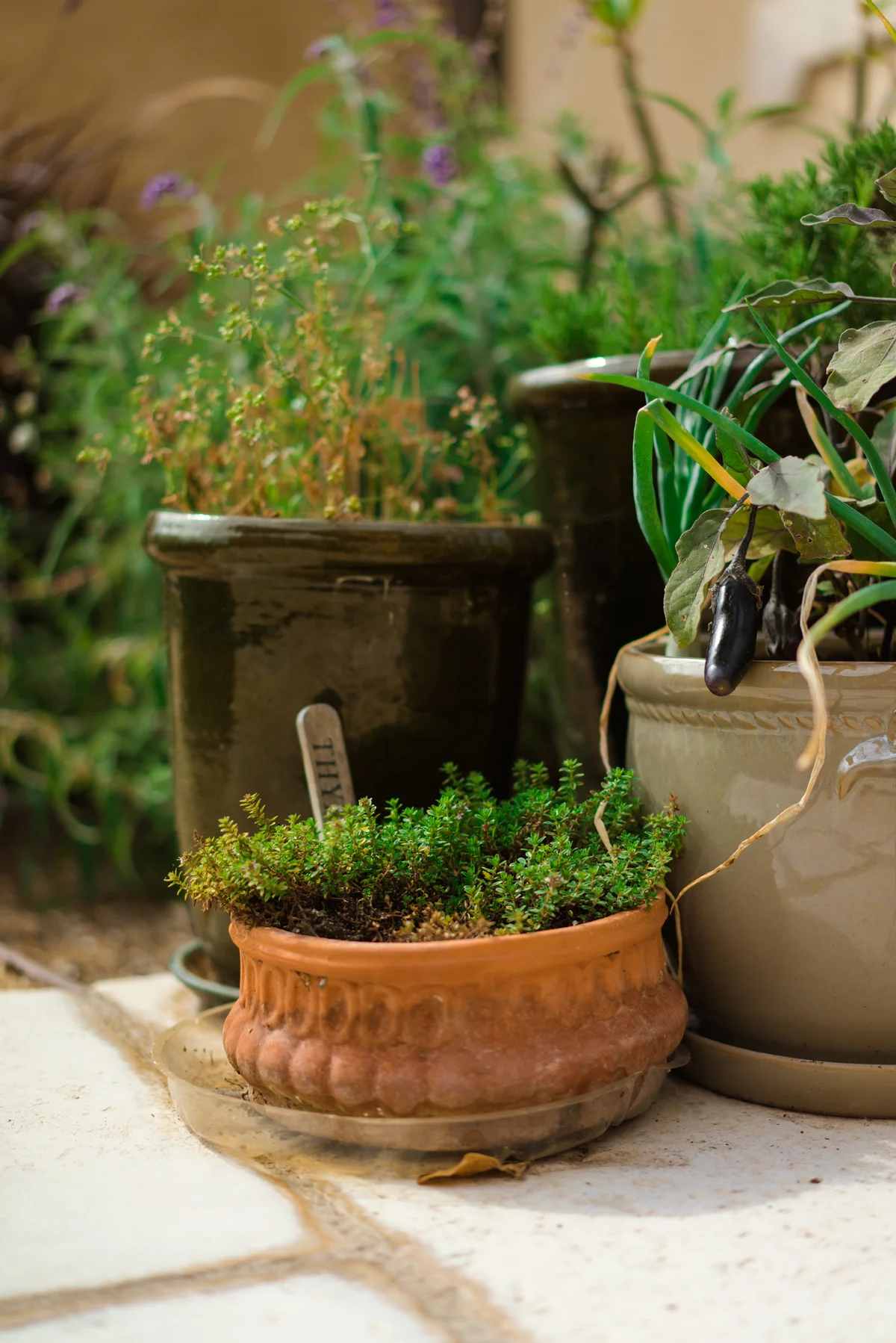Zaatar Lebanese Herbs Recipe
Herbs are used to enhance flavors in dishes. This is especially true in Lebanese cuisine. Each dish is enhanced with certain herbs that give it a very distinct taste, from mint (nahnah) to aleppo pepper. From zaatar to sumac, all spice and cinnamon. In pastries we have the distinct flavor of ground fenugreek (mahlab) to a pinch of nutmeg. The list is endless. Some of these herbs are said to have therapeutic properties and in ancient times, some were used for medicinal purposes. I use them for their flavorful and distinct tastes.
For those that are not familiar with sumac, sumac is a wild bush that you will encounter all over the mountains in Lebanon. It has a sour, lemony taste and is added to dishes to add that lemony, acidic value to a dish. It also carries a lemony scent as well. The bush grows very tall and distinctive with its clusters or small red seeds. When ground, it carries a hue that is very much like a dark red, almost purple color. Most store-bought sumac is enhanced with a lot of salt. It is best to find some that does not have the added salt.
Zaatar is the most used spice in Lebanese cuisine since it is the main ingredient in Manaeesh, the most eaten breakfast food in Lebanon. The main ingredient in zaatar is thyme. Most zaatar that is sold in stores are a combination of a few different ingredients. Below you will find my recipe of zaatar.
I use zaatar in salads, while I make my homemade manaeesh. I sprinkle it on Lebne and sometimes on thick yogurt as well. I mix it in olive oil and we dip pita bread chips in it. The list is endless.
Zaatar
16 ounces dried thyme
¼ cup to ½ up olive oil
1 tablespoon ground coriander
1 tablespoon sumac
1 tablespoon roasted sesame seeds
1/8 teaspoon salt
Rub the dried thyme in your hands with olive oil, then add the rest of the ingredients. Mix well and store in an airtight container. It will keep for at least 6 months.
I usually freeze mine and it will keep for 2 years.
Enjoy!









